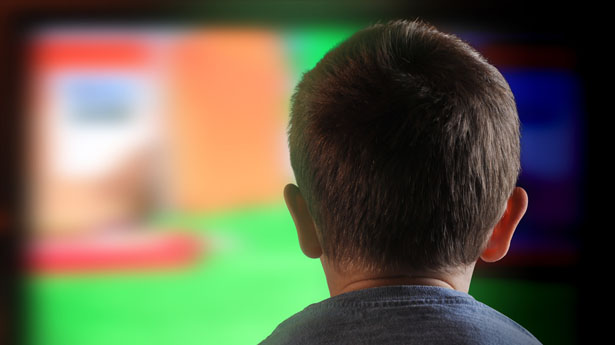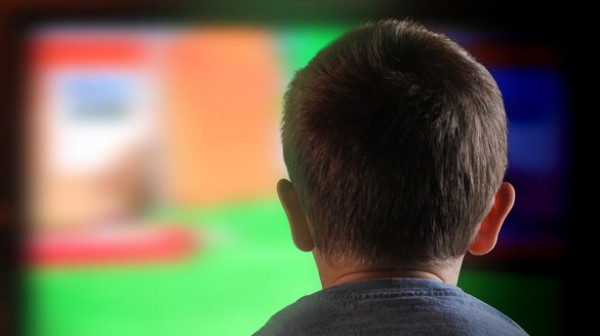
By: Eric W. Dolan
Source: RawStory.com
Time spent in front of the television during childhood and early adolescence is linked to criminal behavior in adulthood, according to research published online in Pediatrics.
“Antisocial behaviour is a major problem for society. While we’re not saying that television causes all antisocial behaviour, our findings do suggest that reducing TV viewing could go some way towards reducing rates of antisocial behaviour in society,” explained Bob Hancox of the University of Otago in New Zealand.
The study found that those who watched more television during childhood were at a significantly higher risk of having a criminal conviction and a diagnosis of antisocial personality disorder. The link between television and antisocial behavior held even after factors such as sex, IQ score, antisocial behavior in early childhood, socioeconomic status and parenting were accounted for.
As part of the larger Dunedin Multidisciplinary Health and Development Study, the researchers assessed about 1000 individuals every two years from birth to age 26. The design of the study allowed the researchers to infer that children who watched a lot of television became more antisocial — rather than children who were already antisocial watched more television.
The findings support the American Academy of Pediatrics recommendations that children watch less than 1 to 2 hours of television per day.
“The American Academy of Pediatrics (AAP) discourages TV and other media use by children younger than 2 years and encourages interactive play,” the organization explained last year. “For older children, total entertainment screen time should be limited to less than 1 to 2 hours per day of educational, nonviolent programs, which should be supervised by parents or other responsible adults in the home.”
Previous research has found that children in the United States watch about an average of 4 hours of TV each weekday.




